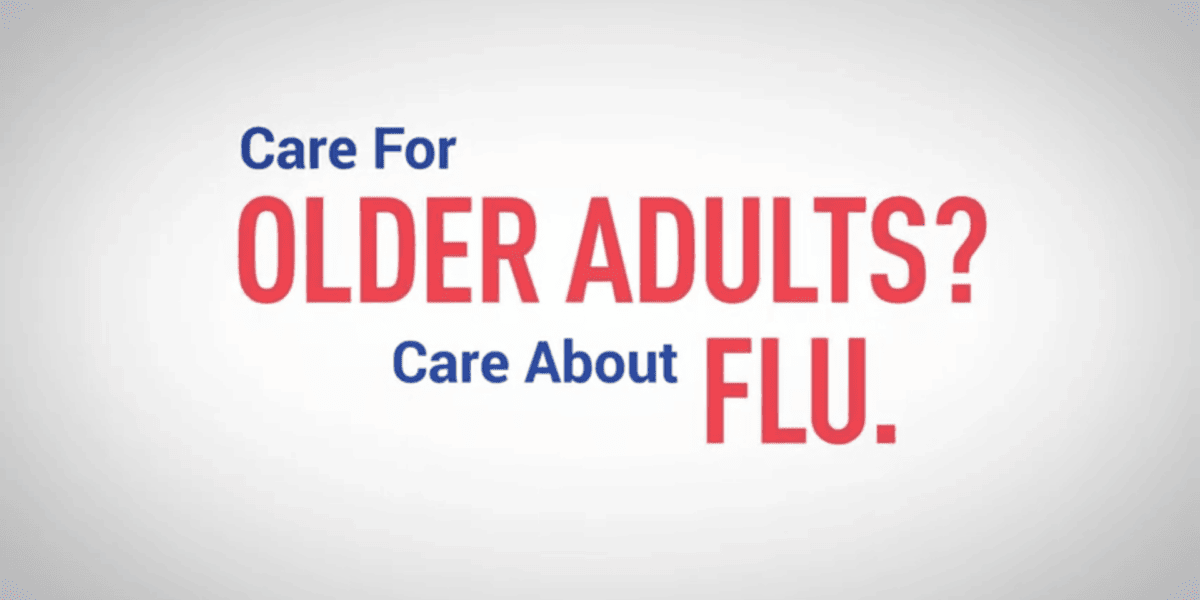Healthcare professionals play an important role in strongly recommending annual influenza (flu) vaccination for everyone age 6 months and older. It is also important for healthcare professionals to get vaccinated against flu each year to both lead by example and help protect their patients and reduce transmission in healthcare settings.
Since it takes about 2 weeks after vaccination for antibodies to develop in the body to protect against influenza virus infection, it is best to get vaccinated before flu begins spreading in the community. But getting vaccinated later in the season is still beneficial, as viruses may continue to circulate.
Healthcare Professionals and Flu Vaccination Rates
- Healthcare professionals, particularly those who are unvaccinated, can be sources of flu in healthcare settings. This is particularly troublesome for the vulnerable patients in their care, who may be at increased risk of severe complications, including flu-related hospitalization and death.
- Outbreaks have been documented in high-risk patient care areas, including organ transplant units, long-term care facilities, and neonatal intensive care units.
- During the 2023-2024 season, only 75% of healthcare professionals were vaccinated against flu.
Benefits of Flu Vaccination
- Flu vaccination is an important patient safety issue. Unvaccinated healthcare professionals can spread flu to patients, coworkers, and family members, leading to flu-related illnesses and deaths.
- Annual flu immunization of healthcare professionals:
- Prevents severe illnesses and deaths
- Protects patients, families, and coworkers
- Decreases use of sick leave
Reviewed September 2024
Source: Centers for Disease Control and Prevention
Related Resources
Care About Older Adults? Care About Flu!
Animated videos on the burden of influenza (flu) in older adults and the importance of vaccination to help prevent the disease
- « Previous
- 1
- 2

